Whether you’re a first-time homebuyer or you’ve owned your home for 50 years, you might still have a lot of questions about home insurance. Hey, I get it! Insurance can be confusing and overwhelming.
But, if you own a home, you should understand your home insurance coverage. In this video, I’ll go over 5 things you need to know about home insurance to bring you one step closer to total insurance mastery!
And if you don’t feel like watching a video, we’ve got you. The transcription is below.
The 5 Things You Need to Know About Home Insurance
Hey, everybody. Welcome back! Today, we’re gonna talk about homeowner’s insurance.
First question…
1. What Types of Coverage Are There?
We happen to be based in Central Florida, which means we have a unique situation that most of the country doesn’t face. And it’s not sinkholes or hurricanes.
Florida typically has much more restrained policies than the rest of the country. That doesn’t mean you can’t get great coverage, but there are types of policies (lingo alert!) called an HO5, or All Risks policy, that’s readily available outside Florida and almost unheard of here.
Why? Again, it’s not because of those natural disaster perils. It’s because of a regulatory environment. That means personal injury attorneys and the people up in Tallahassee (our representatives and senators) who are often the same people.
Long story short, companies are afraid to take on risk because of runaway litigation in the Florida court system. In fact, we’re one of the worst states in the nation for litigation and it’s not about keeping insurers honest anymore. It’s about making millions in some pretty unscrupulous ways.
Regardless, let’s talk about types of coverage.
If you own a home, you’re typically going to purchase what’s known as an HO3, or a homeowner’s Special form policy. Back in the day, this was typically called “fire insurance” and it covers a number of perils.
The “Special Form” just means that it covers everything that isn’t specifically excluded in the policy. So this is if you have a fire, a windstorm (in most situations), or other things that would happen at your house, including liability. (And liability can even extend off-premises.)
So for homeowners insurance, there are three main types that we see: Basic form, Broad form, and Special form.
Here at Harry Levine Insurance, we only deal with Special form, because that provides you the coverage that you need. It’s typically the broadest available in the Florida marketplace and the other forms we find to just be too restrictive and—no matter what the price tag might look like in terms of attracting you—it’s just typically inappropriate coverage, in our professional opinion.
2. What’s Covered?
That’s a dangerous question.
Every insurance contract is different. You see, every insurance company has a whole team of attorneys that go over every single word and punctuation mark in an insurance policy.
The ultimate result is that while, as a consumer, you might only look at the 6-8 main coverages of a policy and say, “Hey, this is apples to apples,” if you really start reading the insurance contract, Company A, Company B, and Company C that have the same basic eight main coverages actually may have very different contracts.
And you may want to make a decision based on the nuts and bolts of that contract, which is why you need an independent insurance agent, like us here at Harry Levine Insurance. We need to explain those contractual differences and anyone who simply says, “Eh, they’re all similar” is truly doing a disservice to their clientele.
So what’s covered?
Typically, you’d have your dwelling, where you’d have the actual building that’s covered. Then you have other structures. So for instance, if you had a pool, a detached garage, a shed, a boat dock, something like that, that would be covered.
Then you have loss of use. Let’s say that you had a kitchen fire and you had to move out of your home for eight weeks while things were cleaned up and repaired. Your insurance would typically pay for a hotel and even food receipts during the time that you were displaced from your primary residence.
There’s also liability coverage, which in many cases is worldwide. So whether or not something happens like a slip and fall in your driveway or you accidentally bump into that little old lady in Publix with your shopping cart and she winds up with a broken hip, that coverage is there to defend you and to indemnify an injured third party.
There are several other main nuts and bolts that we can go into beyond that, such as medical payments, but I won’t bore you with any of that right now.
3. What’s Not Covered?
That’s an easy question to answer as long as we’re talking about Special form homeowners insurance contracts.
What’s not covered is what is listed as excluded in the policy.
Can I go item-by-item and tell you? Not without looking at your specific insurance contract. Again, no matter what the commercials say about percentages and a few minutes saving you time or a magical gun that can pick the perfect product off the shelf for you, every insurance contract is different. They are not boxed products.
So I really can’t answer that question with any true certainty.
4. How Do You Get Reimbursed For Loss or Damage?
That’s pretty simple: file a claim!
Most insurance companies have a process where you can either make a phone call, make an online submission, or contact their Claims Department in some way (we’re seeing more and more the use of cell phone apps or even Twitter and Facebook Messenger).
That starts the process where an adjuster then contacts you, takes a look at what happened, determines whether you need a repair or replacement, and anything else that may be going on with the situation and comes up with the fairest possible settlement.
5. How Do You Save Money on Homeowners Insurance?
Easy first answer from me: get a wind mitigation inspection.
Wind mitigation is a series of credits that the Florida Legislature created a little more than a decade ago to try and provide some premium relief for Florida homeowners.
It looks at 5-6 construction methods that are used on your roof. And the findings of the affidavit then earn you mandatory credits. That’s right. Every homeowner insurance company in Florida has to offer these credits.
And the best part is: the inspection cannot hurt you or make your insurance cost more. The only way that could happen is if you had an existing wind mitigation inspection and a new wind mitigation inspection was needed for some reason and somehow the two inspections didn’t agree. It does happen. Not very often, but we’ve seen it.
Long story short, you start at a certain baseline and the inspection cannot bring you below it, it can only get you credits above it.
Conclusion
So that’s kinda the lowdown on Florida homeowners insurance without getting into some of the fun legislative stuff or other things going on in our marketplace. (We’ll do a video on that later.)
But all you need to know is that, in Florida, we don’t have All Risk coverage, which is typically HO5. Rather, Special form (HO3) is typically our broadest form of coverage. Although, I say “never say never.” There might be somebody who brings back an HO5 one day.
What’s covered? You really need to know your homeowners insurance contract. What’s not covered? Same answer: you’ve gotta know your contract.
And I can’t stress enough that every contract is different. Almost no two policies are the same, no matter what those first couple of pages look like that give you the basic nuts and bolts. It’s that back 60-100 pages that are gonna make the world of difference at the time of a claim.
How do you get reimbursed for loss or damage? Sounds like a cop-out answer, but file a claim.
Understand your company’s process and, at your time of loss, call Harry Levine Insurance (if we’re your agent) or whoever your choice of trusted independent agent is. Let them be your advocate; let them be a bridge to your insurance company.
But please understand that we are not licensed claims professionals. Most agents aren’t. What we’re here to do is advocate on your behalf and make that link to the appropriate claims folks who can take care of you much better (in that situation) than we can.
How to save money on homeowners insurance? The first answer was “wind mitigation,” the second answer is “don’t be tempted by cheap prices.”
Know your contract! I could point out all day long insurance policies that might be $200, $300, or even $400 less than another one. But if you had a claim and I started explaining what wasn’t covered…bottom line: you often pay for what you get.
And I’ll say it again: no two insurance contracts are alike. So the best thing to do is develop a strong relationship with your independent insurance agent and understand the product that they’re selling you.
It’s one thing to take their advice, but you should never put blind faith in any professional. Make them educate you. That’s what we’re here to do: make you understand what you’re buying, why you’re buying it, and what value you’re receiving.
So that’s it for today. Thanks for sticking around. And remember, get with a friend. Tell them how cool this YouTube channel is and don’t forget to subscribe if you haven’t already.
Take care.
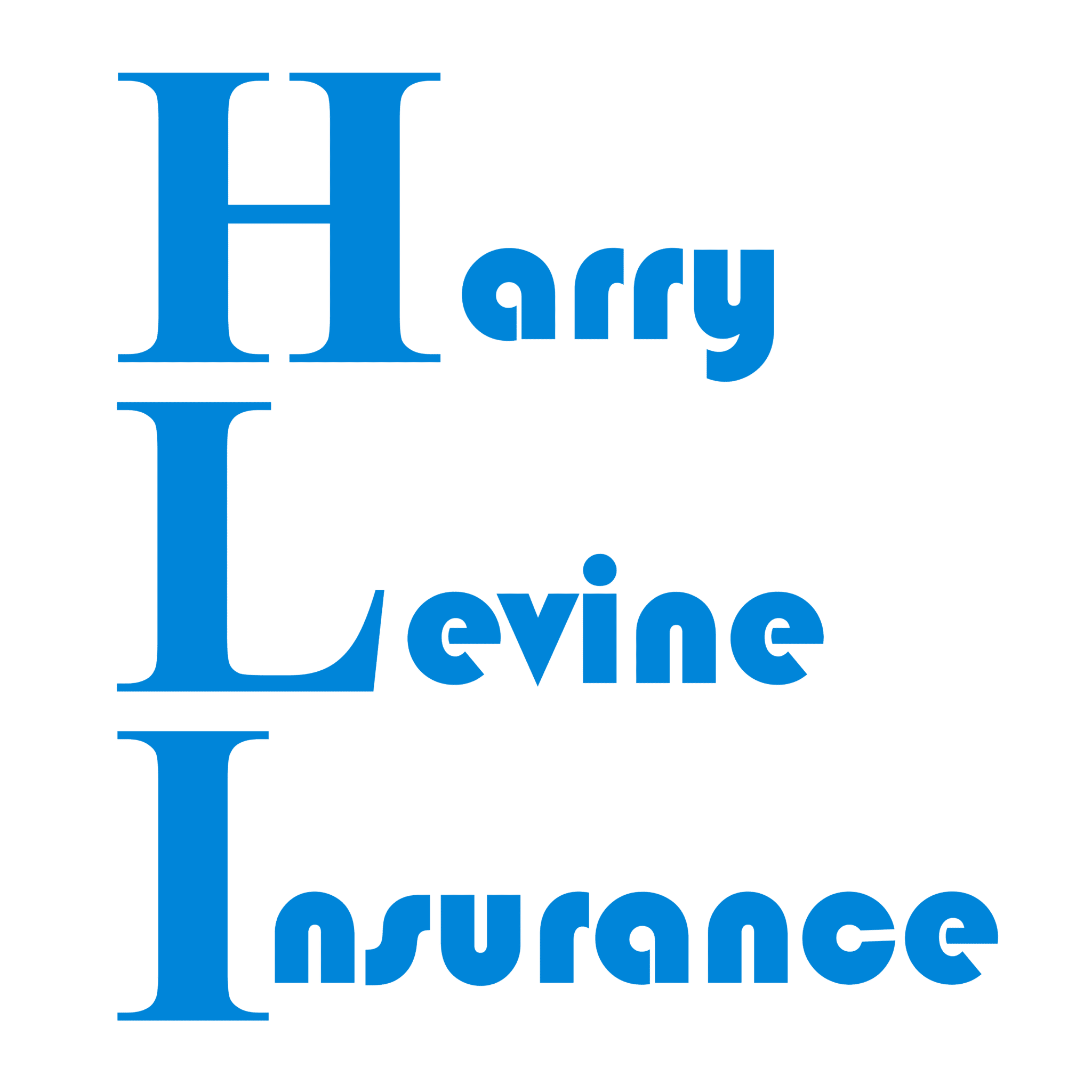
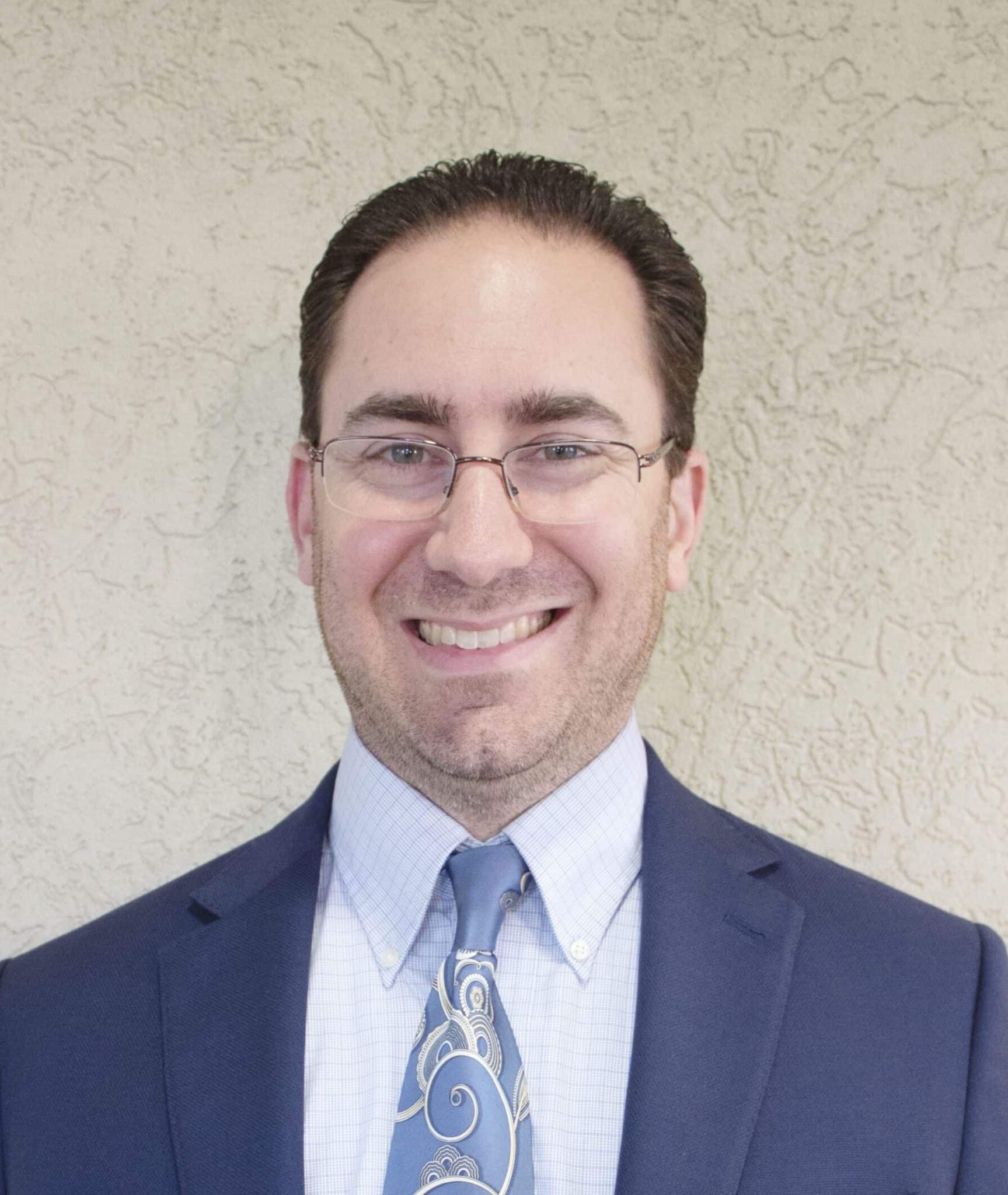
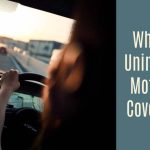
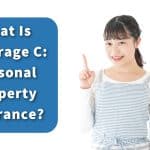

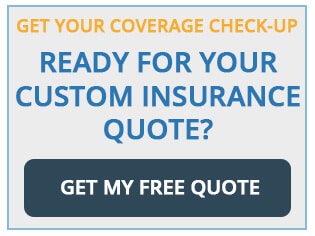
Comments (2)
James
September 8, 2022Is a 100000 liability required for a home owners policy in florida I
Julie Levine
September 9, 2022Hi James,
I am unaware of any legally required limit for Personal Liability Coverage on a Homeowner Policy. Certain homeowner or condominium type associations may attempt to impose requirements. There may also be certain contractual situations in which they could be found.
We typically recommend purchasing the highest limits that you can truly afford (truly afford, not desire to pay) including an Excess or Umbrella Liability Policy, but certainly not less than $300,000. Just think of all the radio & tv ads and billboards: “XYZ got me $ABC.DE.”
Thanks for reaching out!